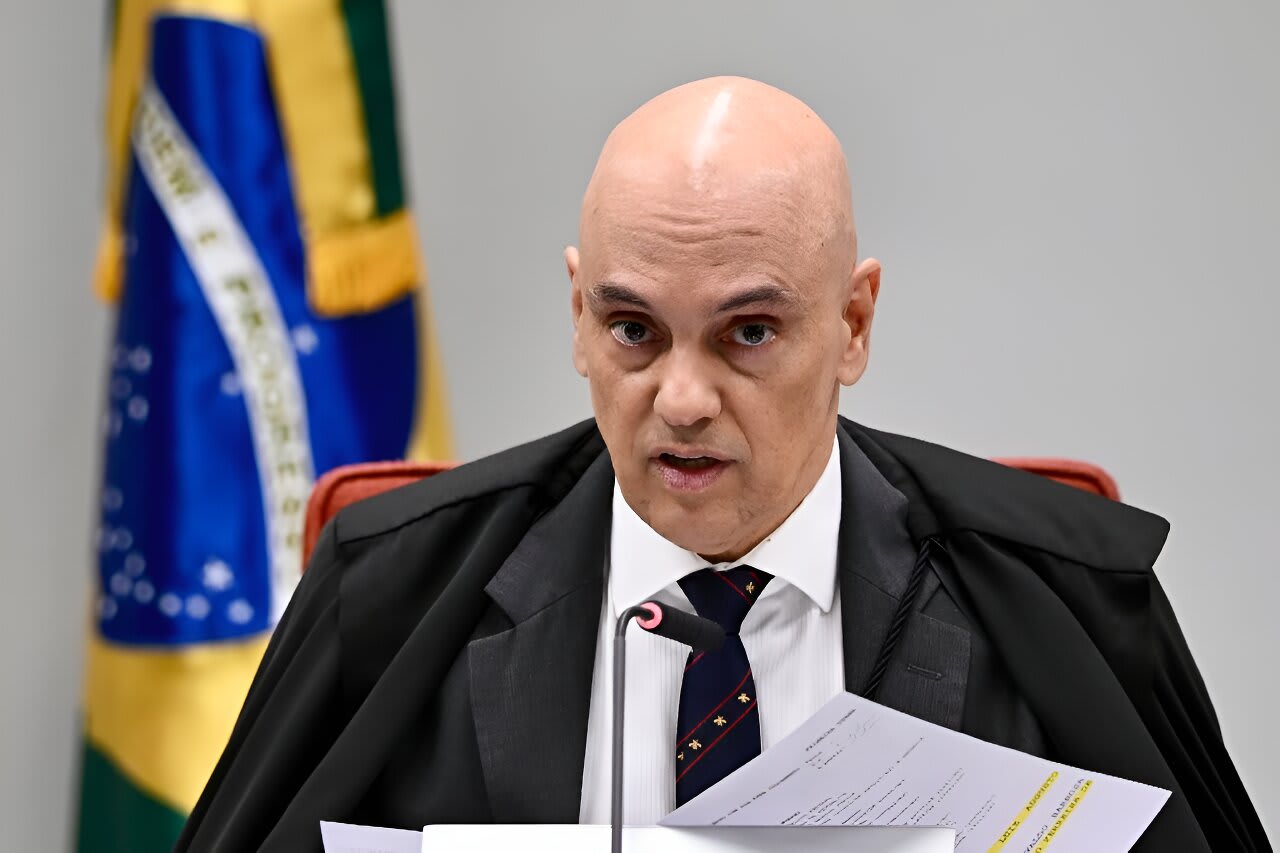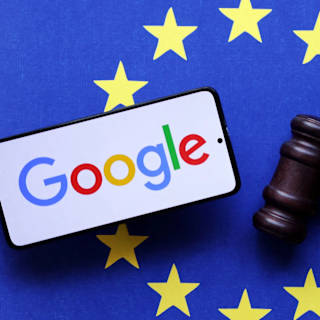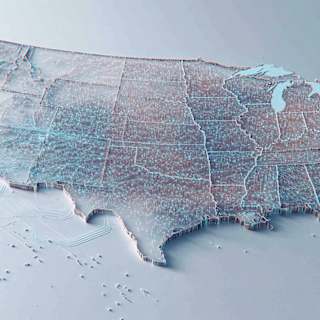- Court Strikes Down Safe Harbor Protection
- Tensions with Tech Giants
Brazil's Supreme Court finalized a decision Thursday that will require social media companies to actively monitor and remove illegal content posted by users, marking a departure from the country's decade-old internet governance framework that had protected platforms from liability for third-party posts.
The 8-3 vote orders tech giants including Google, Meta and TikTok to immediately remove content involving hate speech, racism and incitation to violence without waiting for court orders. The ruling clears the way for victims to sue social media companies for hosting illegal content if platforms refuse to remove it after being notified.

The decision partially overturns Article 19 of Brazil's 2014 Civil Rights Framework for the Internet, which previously held that platforms could only be liable for user-generated content if they refused to comply with judicial orders to remove it12. Most justices agreed that this "safe harbor" provision offered insufficient protection against harmful content, particularly crimes targeting children and democratic institutions2.
"We preserve freedom of expression as much as possible, without, however, allowing the world to fall into an abyss of incivility, legitimizing hate speech or crimes indiscriminately committed online," wrote Chief Justice Luis Roberto Barroso3.
The court did not establish firm rules defining illegal content, instead leaving determinations to be made case-by-case4. Platforms will not face liability if they can demonstrate timely action to remove flagged content4.
The ruling follows months of conflict between Brazil's judiciary and social media companies, particularly during Justice Alexandre de Moraes' 40-day suspension of X last year over disinformation concerns1. The case has strained relations with the United States, where Secretary of State Marco Rubio recently warned of possible visa restrictions against foreign officials involved in censoring American citizens2.
Google said it is "analyzing the court's decision" and remains "open for dialogue"2. Meta previously warned that such liability could make platforms "liable for virtually all types of content even without having been notified"3.
Justice Kassio Nunes, one of three dissenting judges, argued that "civil liability rests primarily with those who caused the harm" rather than with platforms1. Only Justice André Mendonça had initially voted to preserve the current framework, emphasizing that free speech on social media enables publication of information that "holds powerful public institutions to account"4.
The ruling brings Brazil's approach closer to European Union regulations targeting digital platform power, affecting more than 200 million users in Latin America's largest market3.



